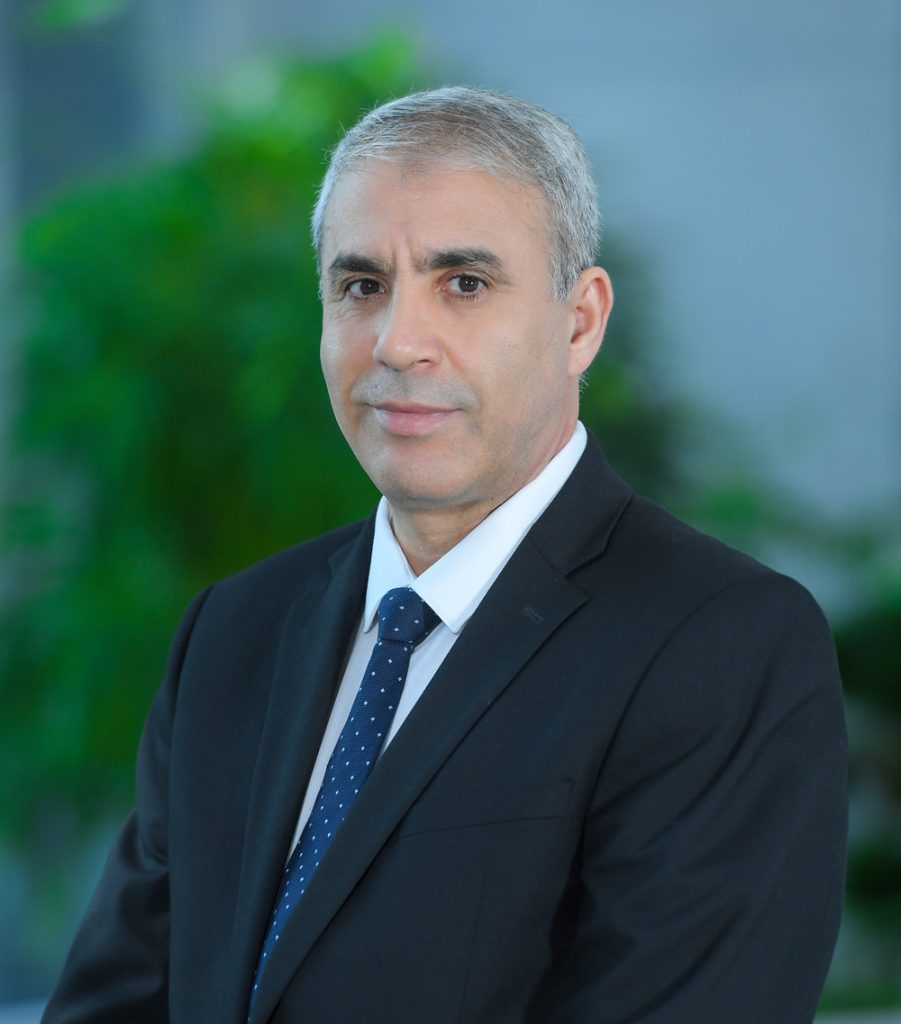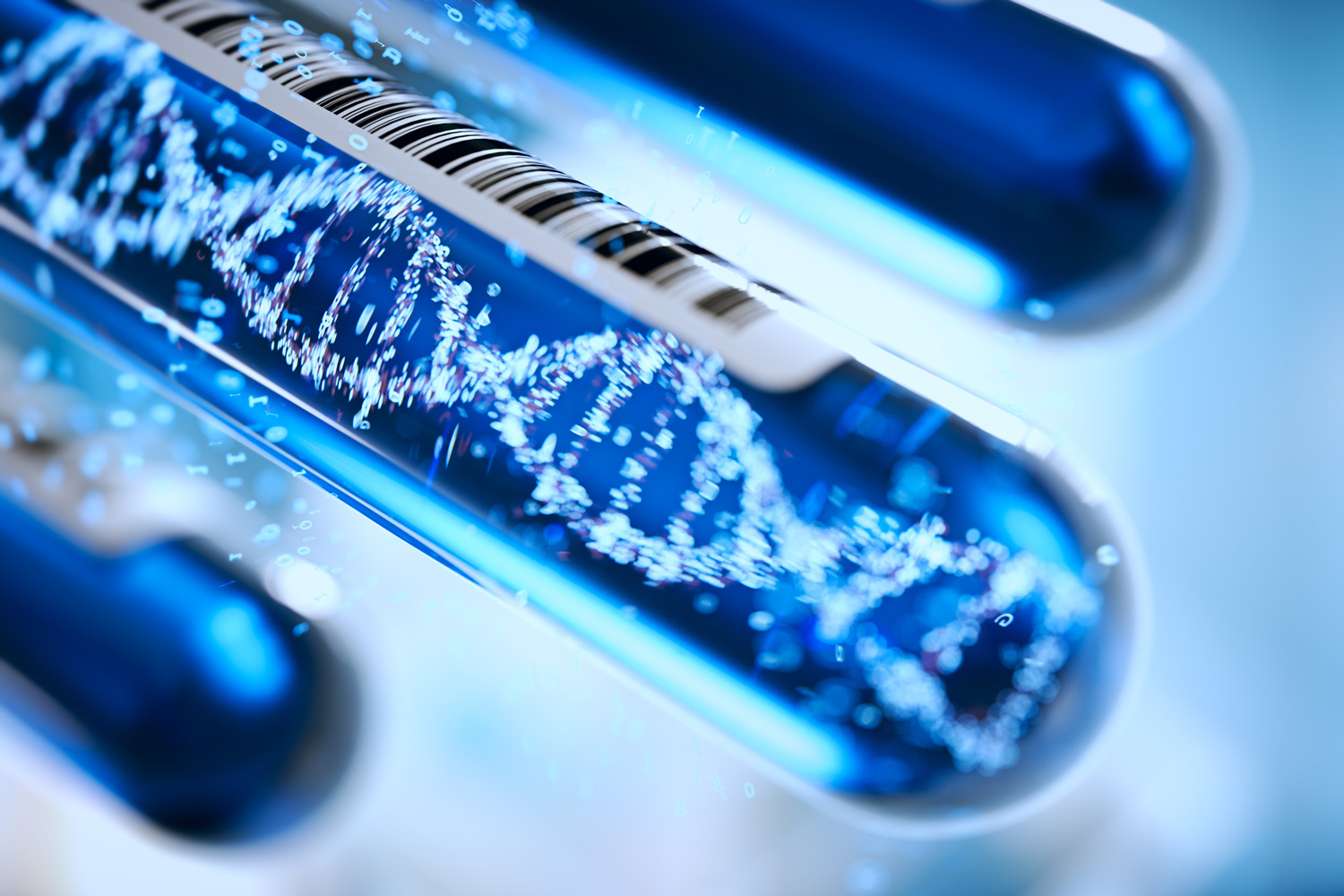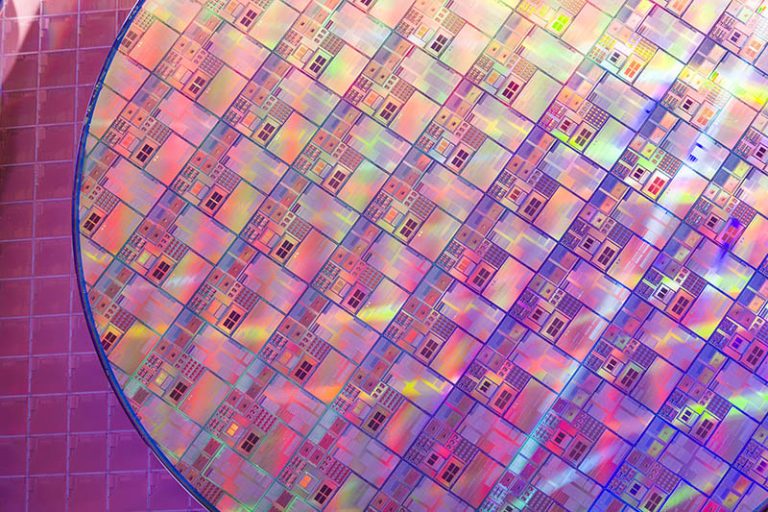Overcoming cancer’s resistance to treatment
Mohamed Rahmani, Professor, Department of Molecular Biology & Genetics at Khalifa University.

An international scientist, Mohamed Rahmani studied in France and worked for a long period in the United States at the Virginia Commonwealth University’s Massey Cancer Centre. He joined Khalifa University in 2021 from the University of Sharjah. He is a professor in the Department of Molecular Biology and Genetics.
What are your current research goals?
It is estimated that 90% of chemotherapy failures are attributed to drug resistance. Cancer cells can develop resistance to one or more drugs through various mechanisms, including DNA mutations, loss of a drug’s ability to inhibit its target, or the activation of survival pathways in cancer cells. My primary research goals are to identify vulnerabilities in tumor cells and contribute to the development of novel, effective strategies to overcome cancer’s resistance to treatment.
How did you become interested in cancer research?
As a graduate student in the 1990s, I was fortunate to work with a team of researchers focusing primarily on cancer. I was captivated by the dysregulation of gene expression in cancer cells, and their capacity to sustain uncontrolled growth. This fascination was profoundly shaped by my personal experience witnessing a close family member battling cancer. It instilled in me a deep sense of commitment to advancing research and developing more effective treatments to improve the health of cancer patients.
What are your main findings so far?
We investigated a type of Acute Myeloid Leukemia caused by mutations in a protein known as FLT3, which plays a crucial role in the growth and development of blood cells. When this mutated protein is hyperactive, it triggers uncontrolled growth and proliferation of immature blood cells in the bone marrow, leading to the disease. We have uncovered a novel combination therapy that has shown a remarkable potential in curing leukemic mice and overcoming drug resistance to the therapies in use today.
Are there any biomedical technologies that hold particular promise for advancing your research?
One of the most important advances in biomedical research in the last decade has been the discovery of CRISPR-Cas9 gene editing technology. This versatile tool has many applications in biomedical research, for example, it allowed us to identify genes responsible for drug resistance through genome-wide screens with CRISPR-Cas9. Another cutting-edge technology is single-cell sequencing, which tells us about changes occurring within individual tumor cells. This technology holds immense promise for characterizing tumor heterogeneity, identifying potential targets, and informing therapeutic interventions.
What advice do you have for aspiring PhD students interested in pursuing a career in your field?
A PhD in biomedical sciences is an exciting journey filled with challenges and opportunities. It opens the door to a new world where you can actively engage with a scientific community dedicated to shaping our future healthcare. Success in this adventure hinges on collaboration with researchers within and outside your own field, diversification of skill sets, and persistence in the face of difficulties.
What do you find most rewarding about working at Khalifa University?
I joined Khalifa University a little over two years ago and find immense satisfaction in working for a university that is having such a global impact in various fields including health sciences. I am particularly impressed by our institution’s unwavering commitment to excellence in research, teaching and service, as well as the resources it allocates. This establishes a strong platform that allows me to address complex scientific questions, while encouraging continuous improvement and the pursuit of high academic standards.
Mohamed Rahmani
Professor, Associate Dean for Graduate Studies, Acting
Department of Molecular Biology and Genetics
mohamed.rahmani@ku.ac.ae




